
Sense and Sensibility is the first novel by the English author Jane Austen, published in 1811. It was published anonymously; By A Lady appears on the title page where the author's name might have been. It tells the story of the Dashwood sisters, Elinor and Marianne as they come of age. They have an older half-brother, John, and a younger sister, Margaret.

A House for Mr Biswas is a 1961 novel by V. S. Naipaul, significant as Naipaul's first work to achieve acclaim worldwide. It is the story of Mohun Biswas, a Hindu Indo-Trinidadian who continually strives for success and mostly fails, who marries into the influential Tulsi family only to find himself dominated by it, and who finally sets the goal of owning his own house. It relies on some biographical elements from the experience of the author's father, and views a colonial world sharply with postcolonial perspectives.

A Bend in the River is a 1979 novel by Nobel laureate V. S. Naipaul.

Ruskin Bond is an Indian author. His first novel, The Room on the Roof, published in 1956, received the John Llewellyn Rhys Prize. Bond has authored more than 500 short stories, essays, and novels which includes 69 books for children. He was awarded the Sahitya Akademi Award in 1992 for Our Trees Still Grow in Dehra. He was awarded the Padma Shri in 1999 and Padma Bhushan in 2014.
Shiva Naipaul, born Shivadhar Srinivasa Naipaul in Port of Spain, Trinidad and Tobago, was an Indo-Trinidadian and British novelist and journalist.

Guerrillas is a 1975 novel by V. S. Naipaul. The book is set on an unnamed, remote Caribbean island populated by a mix of ethnicities, but dominated by post-colonial British. Probably the island is modelled after Trinidad, Naipaul's birthplace.

Northwest Passage is an historical novel by Kenneth Roberts, published in 1937. Told through the eyes of primary character Langdon Towne, much of the novel follows the exploits and character of Robert Rogers, the leader of Rogers' Rangers, who were a colonial force fighting with the British during the French and Indian War.

Virendranath Chattopadhyaya, also known by his pseudonym Chatto, was a prominent Indian revolutionary who worked to overthrow the British Raj in India using armed force. He created alliances with the Germans during World War I, was part of the Berlin Committee organising Indian students in Europe against the British, and explored actions by the Japanese at the time.
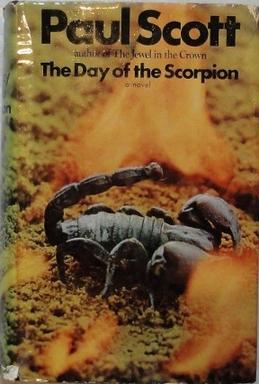
The Day of the Scorpion is a 1968 novel by Paul Scott, the second in his Raj Quartet. It is set in India during World War II as the influence of the British erodes. The novel focuses on old Raj family, the Laytons, the aftermath of the Mayapore incident focused on in The Jewel in the Crown, the Indian politician Mohammed Ali Kasim, and events in the princely state of Mirat.

In a Free State is a novel by V. S. Naipaul published in 1971 by Andre Deutsch. It won that year's Booker Prize. The plot consists of a framing narrative and three short stories – "One out of Many", "Tell Me Who to Kill", and the title story, "In a Free State". The work is symphonic, with different movements converging towards a common theme; although the theme is not spelled out, it evidently concerns the price of freedom, with analogies implicitly drawn among the three scenarios.
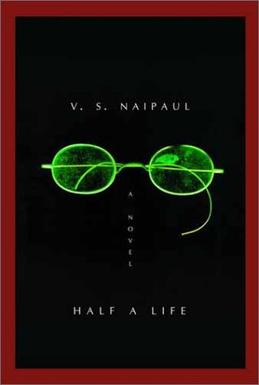
Half a Life is a 2001 novel by Nobel laureate V. S. Naipaul published by Alfred A. Knopf. The novel is set in India, Africa and Europe. Half a Life was long listed for the Booker prize (2001).
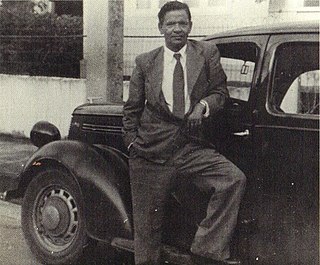
Seepersad Naipaul was a Trinidadian writer. He was the father of writers V. S. Naipaul, Shiva Naipaul and Savi Naipaul Akal, and married into the influential Indo-Trinidadian Capildeo family.
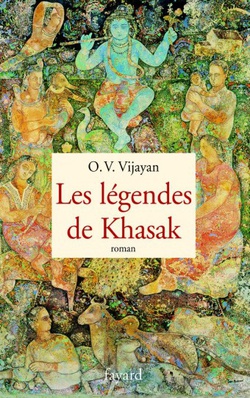
Khasakkinte Itihasam is the Malayalam debut novel by Indian writer O. V. Vijayan (1930–2005). It was first serialised in 1968 and published as a single edition in 1969. The novel has been translated from Malayalam into French by Dominique Vitalyos.

Sea of Poppies (2008) is a novel by Indian novelist Amitav Ghosh which was shortlisted for the Man Booker Prize in 2008. It is the first volume of the Ibis trilogy. In the words of Rajnish Mishra, "the Ibis trilogy is Ghosh's most vehement indictment of the source of imperialism and colonialism." The second volume is River of Smoke.
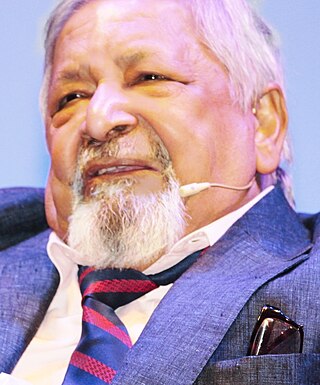
Sir Vidiadhar Surajprasad Naipaul was a Trinidadian-born British writer of works of fiction and nonfiction in English. He is known for his comic early novels set in Trinidad, his bleaker novels of alienation in the wider world, and his vigilant chronicles of life and travels. He wrote in prose that was widely admired, but his views sometimes aroused controversy. He published more than thirty books over fifty years.
Carter Kane is a fictional character and one of the main characters in The Kane Chronicles series, along with his younger sister, Sadie. In the novels, he follows the "path of Horus" by hosting the god. He is one of the strongest magicians in the world, next to his uncle Amos and his sister. He is in a relationship with Zia Rashid.

All the King's Men is a 1946 novel by Robert Penn Warren. The novel tells the story of charismatic populist governor Willie Stark and his political machinations in the Depression-era Deep South. It was inspired by the real-life story of U.S. Senator Huey P. Long, who was assassinated in 1935. Its title is drawn from the nursery rhyme "Humpty Dumpty."

The Mimic Men is a novel by V. S. Naipaul, first published by Andre Deutsch in the UK in 1967.
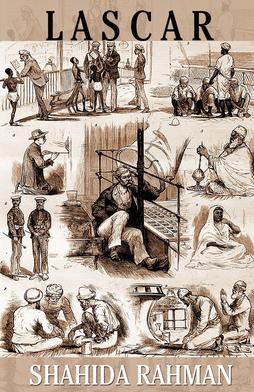
Lascar (novel) is a 2012 historical novel written by Shahida Rahman about an East Indian orphan who leaves poverty-stricken Bengal in 19th-century India by becoming a lascar and his extended stay in Victorian London.
"One out of Many" is a short story within an unconventionally formatted novel entitled In a Free State, written by V. S. Naipaul and originally published by André Deutsch in 1971. The protagonist, Santosh, is forced to give up his familiar life inside the stratified castes of India to move with his employer, now an Indian ambassador, to Washington, D.C., during the civil rights protests and commensurate "hippie era". Themes developed in the story reflect Santosh's abrupt displacement from a comfortable, life-long acclimation in India, to an alien environment in the United States, where his beliefs, perceptions, and sense of belonging are upended.















